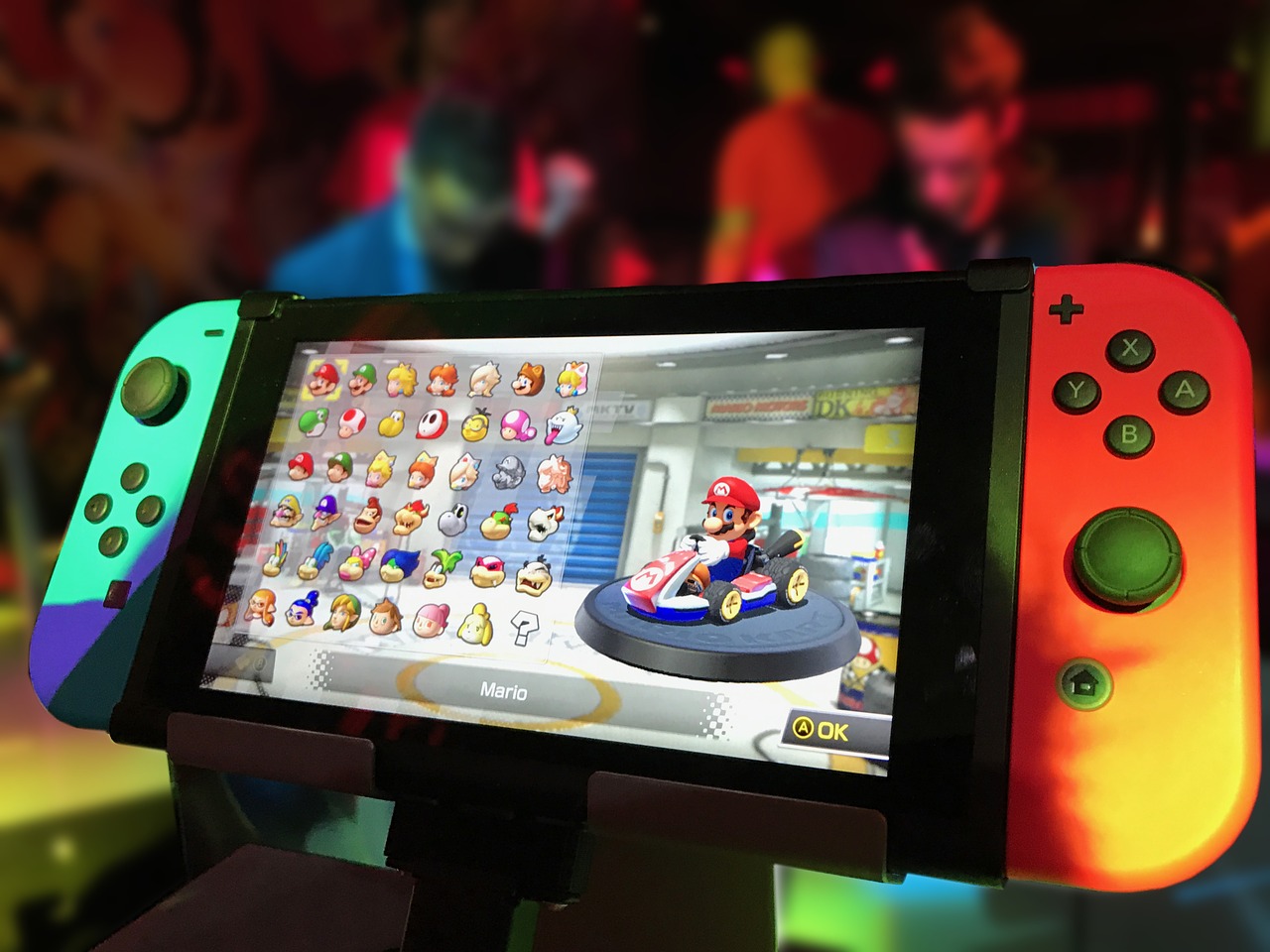-Future of Online Gaming Tech- Top Trends to Follow
Mobile gaming, artificial intelligence, augmented reality and virtual reality, 3D graphics, and cloud gaming

The way games are made and played is continually changing due to technological
advancements. The industry has never remained still, from Nokia’s Snake to the ninth-
generation consoles. Here, we’ll look at some of the most important themes that will shape
the gaming industry’s future.
Technological advancements such as mobile gaming, artificial intelligence, augmented reality
and virtual reality, 3D graphics, and cloud gaming have all contributed to the industry’s
continual growth. Computer games have come a long way from the days of pixelated screens,
and are now more lifelike than ever with new slot sites opening up regularly.
The industry’s meteoric rise, aided by cutting-edge technology, has attracted plenty of new
investors eager to get a piece of the action. Further development in the gaming industry is
unavoidable due to revolutionary technologies and broad acceptance.
It’s time to show you what’s going on in this market right now, and what technologies are
helping it grow.
The dawn of 5G
5G is steadily becoming more prevalent, and it will definitely become the industry standard
very soon. It’s a crucial move for the gaming industry since 5G increased upload and
download speeds on mobile phones by a factor of ten, which is critical for online games that
rely on high-speed internet to run well.
The advent of 5G will also aid in the development of the gaming community and the
expansion of the market, as more players will have access to higher-quality games on their
mobile phones or laptops.
Fast reliable internet has become hugely important across other industries as well, for
example, it is a consideration for the Welsh when looking for a holiday home. Read more here to find out what other factors the Welsh consider.
Mobile gaming
Almost everyone has played a mobile game at some point in their life. According to a recent
estimate, the worldwide mobile gaming business might rise from $56 billion in sales in 2017
to $106.4 billion in 2021.
As earlier said, 5G will be a critical motivator in making mobile gaming more accessible to
everybody. In the last ten years, it is projected that over 2.2 billion individuals have used their
mobile phones to play games.
Mobile devices with more powerful CPUs will be on par with professional gaming consoles
like PlayStation and Xbox as chipset technology improves. This will not only result in more
gamers, but it will also benefit gaming businesses’ earnings. It will set off a chain reaction,
causing additional businesses to enter the online gaming market. Both game companies and
gamers benefit from a win-win situation.
Virtual Reality (VR) and Augmented Reality (AR)
When it comes to immersive gameplay, AR and VR are unbeatable. Both AR and VR have
gone a long way from their conception to become what they are now. AR and VR technologies will be able to give ever more realistic visual experiences in the future. Without a display monitor, video game businesses may employ these technologies to improve the entire gaming experience. By the end of 2021, it is expected that AR and VR technologies would generate approximately $20 billion in revenue.
Cloud gaming
Because of the success of Software-as-a-Service (SaaS) and Platform-as-a-Service (PaaS),
the gaming industry has adopted this concept as Gaming as Services (GaaS) — cloud gaming
services.
The game industry will be revolutionized by this concept. More video console firms are
likely to switch to this business model in the near future. These services will enable players to
play games online regardless of the settings of their PC or mobile device. In other words,
users will be able to play online games on a typical device without seeing any performance
degradation. Additionally, because all games will be updated and ready at all times, these
services will eliminate the need for software upgrades.
ESports
E-Sports is a type of online sport in which people compete in fighting games that use time
strategy (MOBA) or shooter genres (FPS). They are no longer merely amusement games, but
hot e-sports that are ranked as competitions for valuable university scholarships. In Korea,
Sweden, and Finland, eSports have been included in various high school curricula. In Bergen,
Norway, the Garnes Vidaregande Skule School has opted to teach eSports as an official sport.
League of Legends (LoL), Defense of the Ancients (DOTA) 2, PlayerUnknown’s
Battlegrounds (PUBG), Smite, StarCraft II, FIFA, and other titles were among those given
the scholarship.
Blockchain gaming
The experience of producing, managing, and playing games might be transformed by
blockchain technology. Although the idea of combining blockchain with NFTs in gaming has
yet to gain traction, it is seen to be a winning combo since it promises to monetize the gaming
experience for gamers.
Blockchain has the potential to tackle some of the gaming industry’s long-standing issues. To
begin with, current games include a variety of in-app purchases. These virtual assets, on the
other hand, might be scarce and lack transparency and verifiability. Blockchain allows these
virtual assets to be tokenized, resulting in decentralized game asset marketplaces.
Furthermore, the ledgers of these market transactions are available for public inspection.
Second, NFTs may be used to store and sell unique game assets in crypto wallets and on the
open market. Finally, phishing schemes have plagued the free-to-play gaming industry to this
point. Blockchain has the potential to establish an immutable gaming economy that
eliminates these security concerns.




